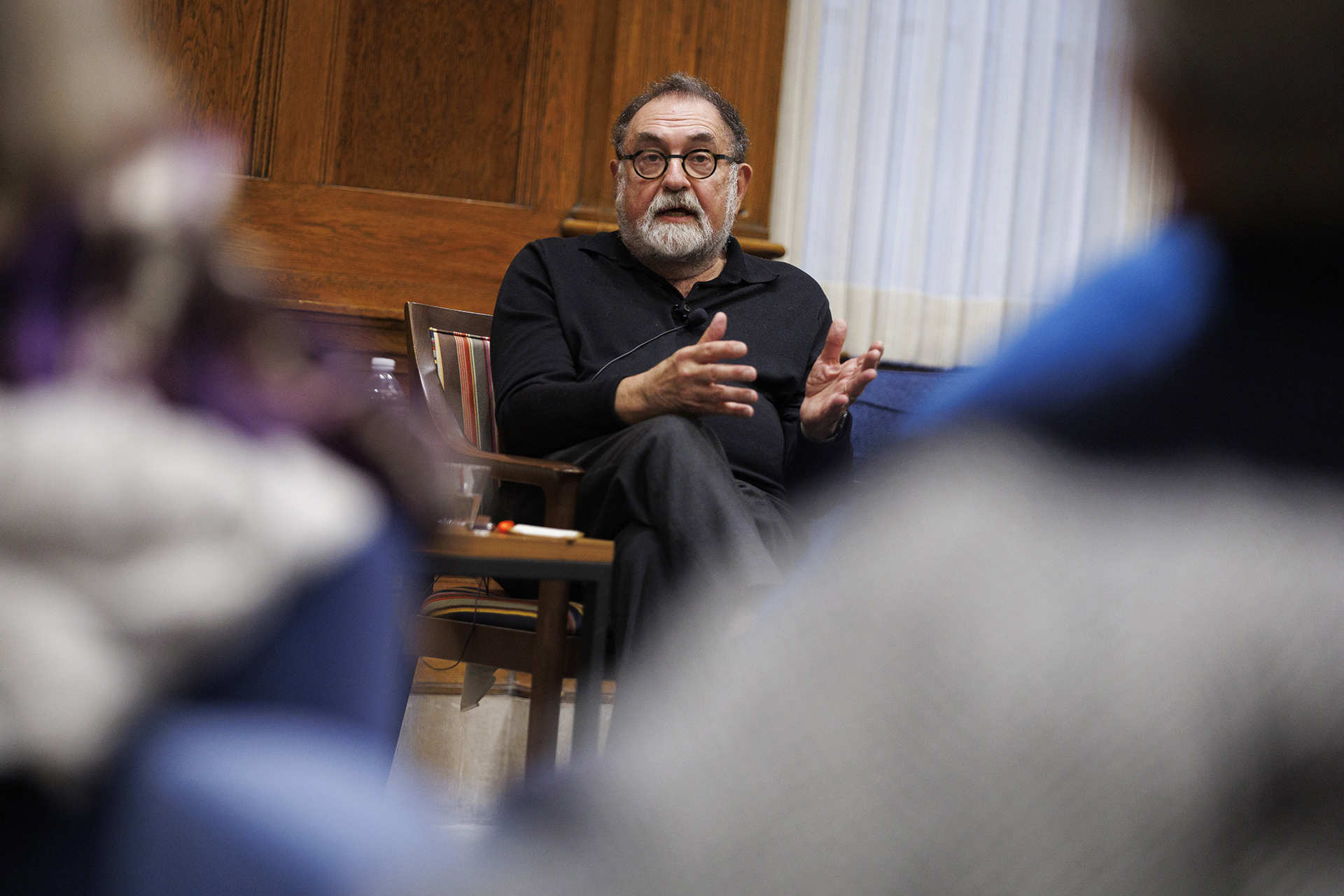
"What I realized was that the book was not about the happy life of a libertine, but it was about someone with all the freedom in the world who was a neurotic. It taught me something about the world I was yearning to enter into. It taught me that if I was to leave orthodoxy, I was not entering panacea or utopia. His voice remained with me."
"He would probe nearly every aspect of contemporary Jewish life: the passions of Jewish childhood,"
Steven J. Zipperstein encountered an early excerpt from Portnoy’s Complaint while preparing for rabbinical school, and the novel reframed notions of freedom and neurosis. The reading revealed that absolute freedom did not guarantee happiness, prompting Zipperstein to leave orthodoxy and pursue a career as a historian of Judaism and Jewish culture. Zipperstein values Roth’s willingness to confront life honestly and his blend of seriousness and humor. Roth repeatedly examined the Jewish-American experience, probing passions of childhood, sexual desire, religious tension, and the contradictions inherent in modern Jewish life.
Read at Harvard Gazette
Unable to calculate read time
Collection
[
|
...
]